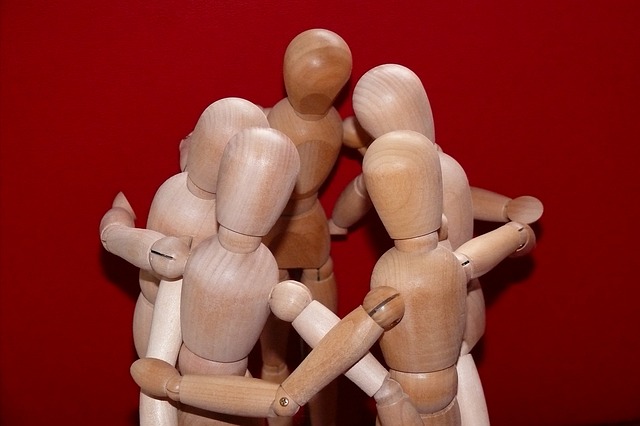 Friendship is, undoubtedly, one of the most important emotional bonds in our lives. “He who finds a friend finds a treasure,” the famous proverb says: and who can deny it? Friendships, which in many cases are few and well-chosen, develop individual emotions and substantially improve our quality of life, making us happier, more satisfied and confident.
Friendship is, undoubtedly, one of the most important emotional bonds in our lives. “He who finds a friend finds a treasure,” the famous proverb says: and who can deny it? Friendships, which in many cases are few and well-chosen, develop individual emotions and substantially improve our quality of life, making us happier, more satisfied and confident.
This is why friendship is so crucial throughout world cultures, eras and religions. A friend always offers support, an occasion to meet, an opportunity to give, receive and grow up together. Our most important friendships usually develop during childhood and adolescence. Losing a friend, particularly at that stage in our lives, can be particularly traumatic.
A friend’s abandonment or betrayal is something after which it is difficult to get one’s sense of safety, stability and tranquillity back. A failed friendship calls into question not just the other person but, most of all, oneself. “How did I not notice?” and “Where did I go wrong?” are some of the most frequent questions we ask ourselves in these circumstances (and rightly so). Recovering a failed friendship takes time, patience, and the ability to offer constructive criticism and self-critique. The interest in recovering a friendship must, however, always be mutual; if it is not, it’s better for both parties to go their separate ways.
It is not just traumatic events that can put an end to a friendship. Very often, especially during adolescence, a friendship can end simply because interests change, people move to distant places, and new family acquaintances are made. More often than not, this type of ‘abandonment’ does not have negative consequences; since it is part of a person’s normal personal growth, no grudges are borne, and people will most probably remember the good times spent together with pleasure.
